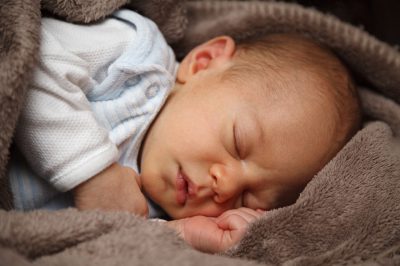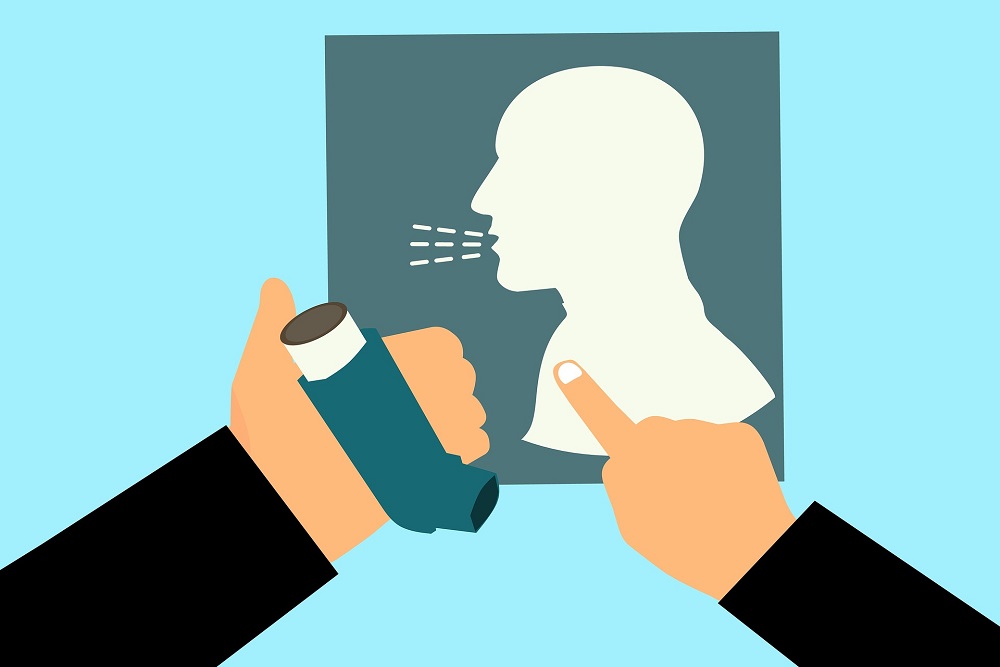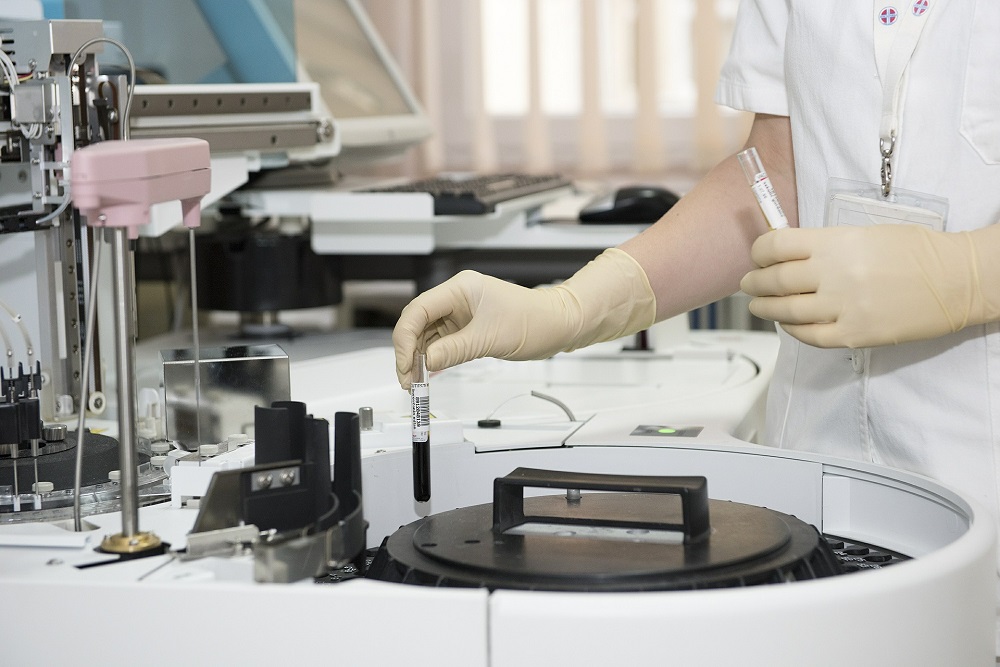Sleep effects have always fascinated the scientific community for a long time.
Researches into sleep effects involving sleeping patterns – amount of sleep required, different sleep disorders, sleepwalking, restless legs syndrome – and other sleep phenomena that have been studied to understand this mystery.
Recently, it is a case of a father and son that has raised curiosity about how they are able to sleep for less and still function normally.
The father and son were observed to just a few hours of sleep without suffering any health consequences. The research into father and son also found that their performance on memory tests was as normal as everyone else or even better.
Researchers at the University of California, San Francisco embarked on a mission to figure out what made these two different. They determined that they had a gene mutation that enabled them to sleep less and still be able to function normally.
The scientist then intentionally made the same genetic spelling mistake in mice for corresponding sleep effects. This is according to research that was published in Science Translational Medicine.
Research on sleep effects
The mice needed less sleep after the editing, remembered better and there were no health consequences.
The research has started drawing optimism that in future we will be able to have a pill that can help us achieve what the father and son are able to do. The idea is very appealing, but the research is only in its early stages, therefore, a lot has to be done to ensure that such medication is achieved.
Patrick Fuller, an associate professor of neurology at Harvard Medical School and Beth Israel Deaconess Medical Center in Boston, who was not involved with the work, indicated that they found it appealing and tantalizing that protection against comorbid disorders of restricted sleep effects will be a possibility in the future.
The researchers continued by saying,
If true, this would indeed have ‘potential therapeutic implications,’ as well as provide another point of entry for exploring and answering the question ‘Why do we sleep?’ which remains [one] of the greatest mysteries in neuroscience.
Ying-Hui Fu, the senior author of the study and a professor of neurology at U.C.S.F., was happy with the reception her study had received but warned that it was too early to be having such fantasies about a magic sleep pill.
She indicated that her sole mission was to find out how it is possible to maximize sleep effects in fewer hours than we currently need.
Whatever function sleep is doing for us, it takes us eight [hours to feel rested], but it takes them six or four hours
She continued and indicated that more work was needed in the research to understand why such a phenomenon was possible for the father and son. She argued that if they will be able to figure out why this is possible for the family, this might provide a similar solution that would help a lot of people. She also indicated that the research was complex and there was still more to do.
Having trouble sleeping? Join the conversation on sleep effects.








